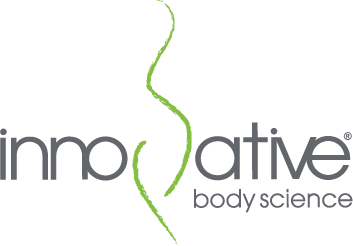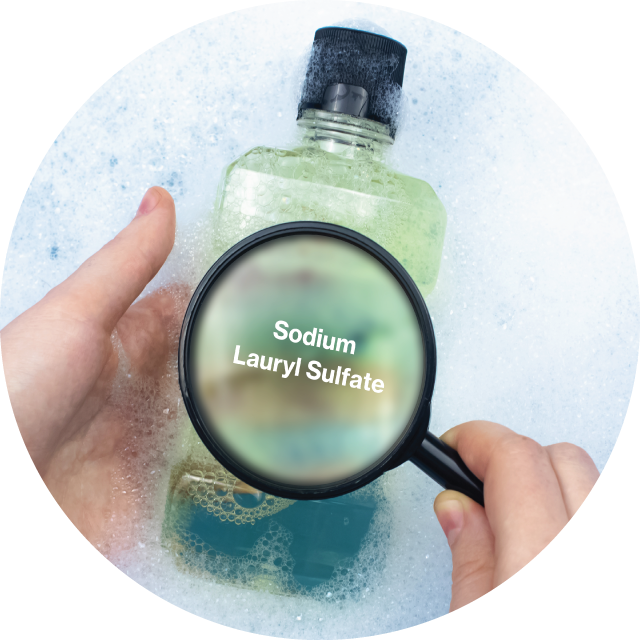Understanding Sulfates
In many parts of the world, countries are now starting to treat cosmetic products as if they were a consumer drug (paperwork, approvals, certificates, etc.). Here in the United States, the FDA doesn’t have a direct hold or regulation on what “cosmetics” are being sold to the public. Do note, the FDA defines “cosmetics” as…
“Articles intended to be rubbed, poured, sprinkled, or sprayed on, introduced into, or otherwise applied to the human body…for cleansing, beautifying, promoting attractiveness, or altering the appearance” (FD&C Act, sec. 201(i))
But, if the product is intended for therapeutic use, such as treating or preventing disease, or to affect the structure or function of the body, it’s a drug (FD&C Act, 201(g)), or in some cases a medical device (FD&C Act, 201(h)), even if it affects the appearance. Other “personal care products” may be regulated as dietary supplements or as consumer products.”
Even though some of these products are already regulated by the FDA, the commonly defined “cosmetic” may just be treated the same as a drug/medical device. With new laws and legislations coming from across the world, is it time that the FDA will step in and regulate the cosmetic industry? With ALL cosmetics being regulated similarly to a drug or medical device, will we see more of a rise in “therapeutic use” cosmetics from small businesses (example: sunscreen lotions)?
As of now, in late 2015, this vision may become a reality soon for all cosmetic companies. Currently, many cosmetic companies and groups are attempting to unify the US cosmetic regulation with the world. The act that is being pushed right now is called the Personal Care Products Safety Act. The Personal Care Products Safety Act (PCPSA), a bipartisan bill introduced by Sen. Dianne Feinstein (D-CA) and co-sponsored by Sen. Susan Collins (R-ME), has been the latest chapter in unifying cosmetic regulations. With little national uniformity of cosmetic regulation in the United States, the PCPSA bill hopes to finally implement federal regulatory oversight to ALL cosmetic products.
“Why do we need to implement this act so badly?”
While regulations for drugs and medical devices see some minor global differences, their basic concepts are similar. But, for cosmetic regulations, the rules are extremely different from country to country. These regulated differences are getting beyond out of control to the point where we now see states have their own cosmetic rules (California’s Proposition 65 chemical list). Not only is it frustrating for the companies to comply with all these different country standards, it’s going to eventually frustrate the consumer when a certain cosmetic won’t be able to reach a specific country/state due to regulatory differences. The lack of a universal understanding of the risks cosmetics can pose to the consumer and or the environment will continue this issue.
“What will the PCPSA do to cosmetics and companies?”
Although this can be seen as a great revolution for cosmetics, people still need to look at both sides of what this act can pose. President and CEO of the Independent Cosmetic Manufacturers and Distributors (ICMAD), Pam Busiek, states that “ this legislation places too large a burden on small business, stifles innovation in the cosmetic and personal care industry, and does not provide appropriate and significant national uniformity”. It’s argued by several companies that this bill still needs work since it does not state any information in regards to assisting small cosmetic manufacturing businesses that don’t have the resources/employees to comply with the bill’s requirements. It will be difficult to know what exact role the FDA would play here in future cosmetic products and formulation, as so much worldwide focus already exists on the safety of cosmetic products. It’s true that the United States can benefit from a federally regulated system, like most other countries in the world. What the bill doesn’t reveal is the overwhelming amount of diligence that will need to go into cosmetic safety from both within and outside of the United States.
Will the cosmetic industry one day have harmonizing global regulations, such as the drug and medical device industry? Will small cosmetic businesses be able to survive the regulatory requirements that may come? We may get that answer soon if the PCPSA becomes a reality. Right now we are living in a period of cosmetic revolution, where technology has taken cosmetics far enough to the point where there is a need for regulation across the globe. Sodium Lauryl Sulfate (SLS) is a surfactant (foaming and cleansing agent) used in shampoos, toothpaste, and liquid soaps.
SLS is made by joining sulfate and lauric acid, two substances that are both abundant throughout the body. It is a good solubilizing agent and is also used in acrylamide gel electrophoresis. “Laureth” indicates ethoxylation (“lauryl” on one side of the sulfate group, an ethyl ether on another).
You’ll often find SLS or its derivatives even in “all-natural” products. After all, SLS is derived from coconut, a natural source. So, some people consider it to be natural.
The Hype
In the late 1990s, an email began making its way around that claimed that SLS causes cancer in laboratory studies using animals.
SLS (the same as sodium dodecyl sulfate) is routinely used to solubilize chemicals used in cancer experiments prior to injecting them into test animals. Somebody read the list of substances injected, and mistook the solubilizer for the active ingredient.
There are now dozens of anti-SLS sites online. They repeat much of the same information. As you visit them, you’ll find references to a claim, twenty-one years ago, about contamination by nitrosamines. Since the sulfate moiety is an oxidizing agent, any nitrogen-containing compound might react to produce a tiny amount of nitrates, which in turn might react with something else to produce a nitrosamine. Your body itself produces far more sulfate just from daily metabolism, and it also produces its own nitrates. The claim on some sites that lauryl sulfate reacts with formaldehyde to produce “nitrosating agents” cannot possibly be true, since neither compound contains a nitrogen atom.
Statement from the American Cancer Society
“Sodium lauryl sulfate (SLS) and its chemical cousin sodium Laureth sulfate (SLES) are not known carcinogens. SLS and SLES are powerful surfactants (wetting agents) and detergents. They have industrial uses because they are detergents that exert emulsifying action, thereby removing oil and soil. There is no way of knowing where this Internet information comes from, but there are a variety of Web sites offering health and beauty products that are SLS-free.”
According to David Emery and his Urban Legends website, “All these websites are maintained by ‘independent distributors’ for various multi-level marketing companies hawking natural personal care products. As a matter of fact, the majority of URLs returned in a standard Web search on the keywords ‘sodium Laureth sulfate’ all point to versions of the same propaganda.” http://www.cancer.org/docroot/MED/content/MED_6_1x_Shampoo.asp?sitearea=MED
Like many Internet email myths it has taken on a life of its own and has shown how if something is repeated often enough, it can become accepted as indisputable truth by those who suddenly hear it from multiple “credible” sources.
The Facts
SLS, in its pure form, is a skin irritant. But, no one suggests you put pure SLS on your skin hour after hour and leave it there. That’s the way irritability tests are performed. However, in health and beauty formulations, SLS is highly diluted by the other ingredients and is usually rinsed off (in the case of shampoos or body washes), thus minimizing or eliminating the irritating effects. Only those with highly sensitive skin are adversely harmed by the levels of SLS in most products and these effects are usually just mild skin irritations (rash or dry skin).
SLS is used so commonly because it is a very good surfactant. Products without SLS simply will not foam as well and many people don’t like that. Many people want lots of foam from their shampoos and body washes.
Sensitive to Market Needs
There has been some evidence that SLS is potentially drying to a small percentage of African Americans. For that reason, Innovative Body Science uses Sodium Laureth Sulfate (SLES), which is a milder surfactant. Although sulfates are safe we understand that there is a lot of misinformation in the market and thus a demand for sulfate-free products. Because we support our clients, Innovative offers “Sulfate-Free” Shampoo and Bath Gel to cater to clients looking for such products.
Contributors: Maurice Heavy. Some information adapted from: www.cancer.org & http://www.pathguy.com/sls.htm


